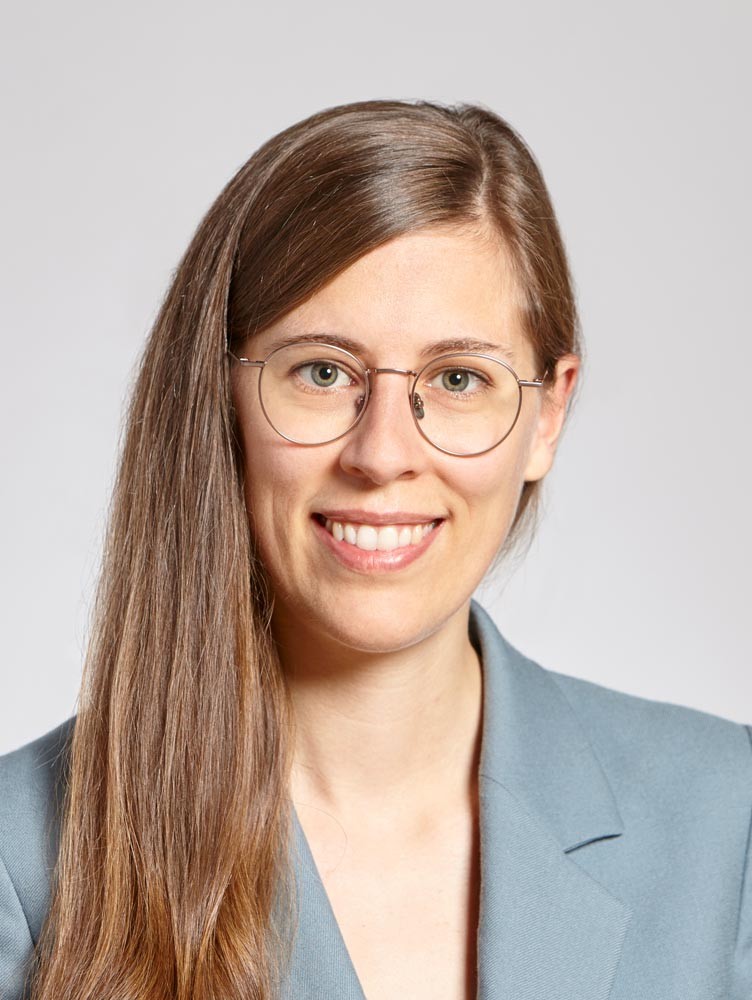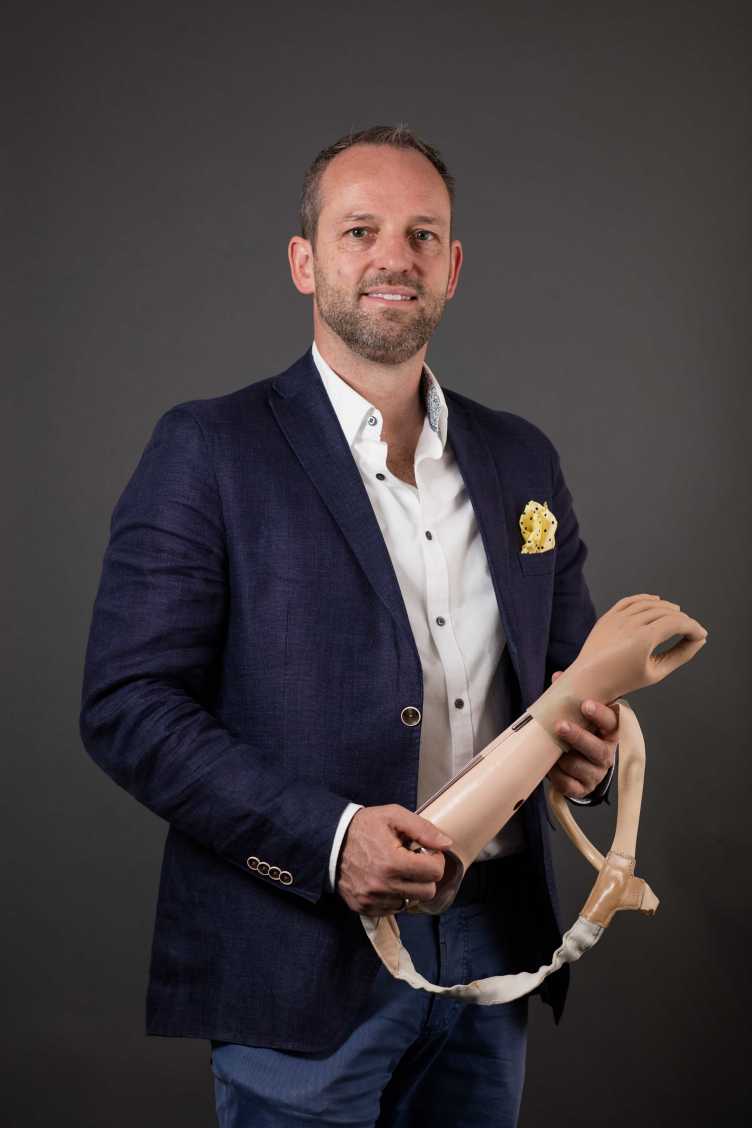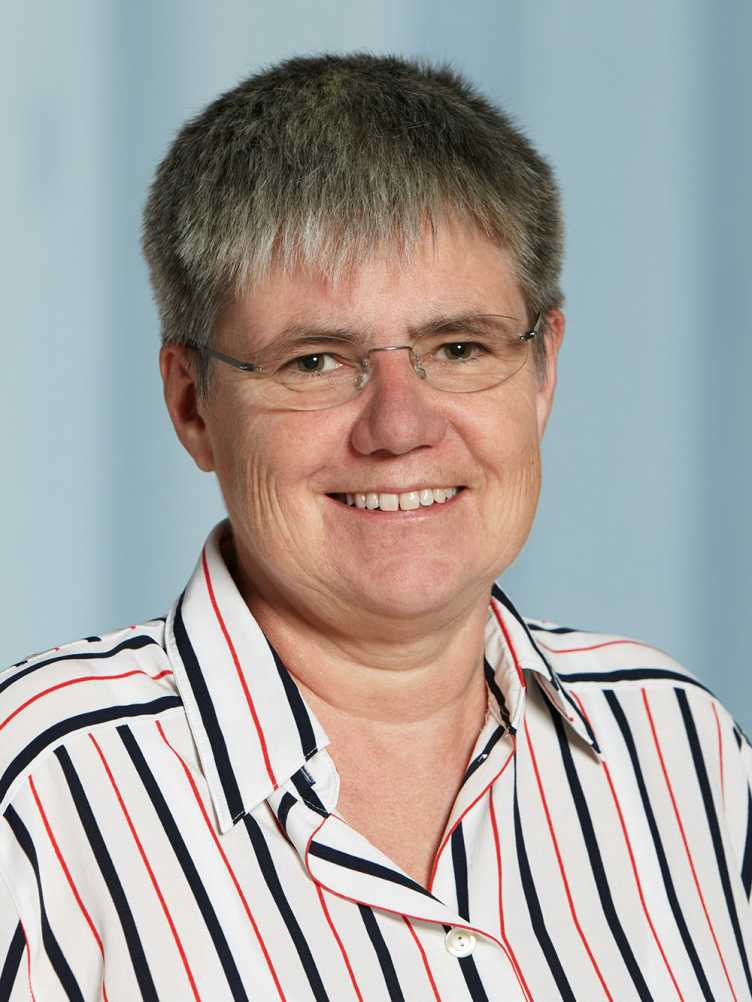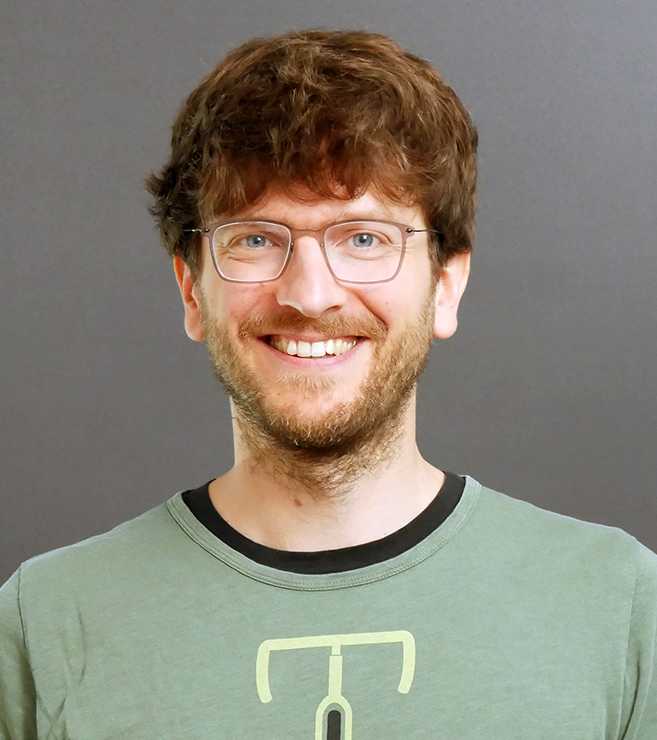ETH AI Center welcomes four new faculty members
Professors Angelika Steger, Robert Riener, Catherine De Wolf and Jonas Peters join our associated faculty, strengthening the center's ties to mathematics, rehabilitation science and architechture.

Catherine de Wolf works at the intersections of engineering, computer science, and architecture, leveraging digital innovation towards a built environment that reuses architectural materials. She is the director of the Circular Engineering for Architecture (CEA) Lab at ETH Zurich and the co-founder of the Digital Circular Economy (DiCE) Lab at TU Delft and ETH Zurich.
Her research is about how we can shift towards a circular economy in the building sector. This endeavour encompasses Artificial Intelligence (AI) algorithms, robotic manufacturing and blockchain technology, connecting stakeholders and materials across the lifetime of a building. Ideally, these digital tools will connect the end-of-life of one building with the start-of-life of another.
De Wolf joined the ETH AI Center as a way to connect computer science to the Architecture, Engineering, and Construction (AEC) sector in order to augment their skills towards more circular construction.

Robert Riener, a renowned expert in rehabilitation sciences, prosthetics, sensory motor systems, and inclusion holds a double Professorship at ETH Zürich and the University of Zürich. He develops robots and interaction methods for motor learning in rehabilitation and sports.
His current research interests involve human motion synthesis, biomechanics, virtual reality, man-machine interaction, and rehabilitation robotics. Riener is the inventor and initiator of the CYBATHLON, a non-profit platform that drives international competitions and events in which teams consisting of technology developers from universities, companies or NGOs and a person with a disability tackle various everyday tasks with their latest assistive technologies. His association with the AI center, says Riener, will make his developments more efficient and effective when applying them to different user groups.

Angelika Steger has a background in mathematics, specialising in graph theory, combinatorics, and probabilistic methods. Over the last decade she became more and more interested in the relation between (computational) neuroscience and machine learning, in particular few shot learning and continual learning. Since 2003 Angelika is a full professor at ETH Zurich’s department for computer science, where she leads the Combinatorial Structures and Algorithms research group. Within ET AI Center she aims to contribute research in the literal meaning of the name of the center: artificial intelligence.

Jonas Peters, currently a professor for mathematics at the University of Copenhagen, Denmark, will join ETH AI Center as an associated faculty member in April 2023. His work focuses on inferring causal knowledge from data and learning models that generalize better to unseen test data. Jonas' research aims to combine theory, methodology and applications, with particular focus on machine learning in the sciences. In his experience, bringing together researchers from methodology and the applied sciences can yield significant scientific progress. He is looking forward to joining the ETH AI Center, where he hopes to experience scientific exchange of that form. Jonas has co-authored two books: one external page on causal inference (with Dominik Janzing and Bernhard Schölkopf), available as open access, and another one external page on mathematical games (with Nicolai Meinshausen).
If you‘re looking for a PhD or post-doc position to advance your AI/ML career, you can work with any one of our new associated and core faculty members through our ETH AI Center phd & Post-Doc fellowships. Apply here until Nov 30, 2022.